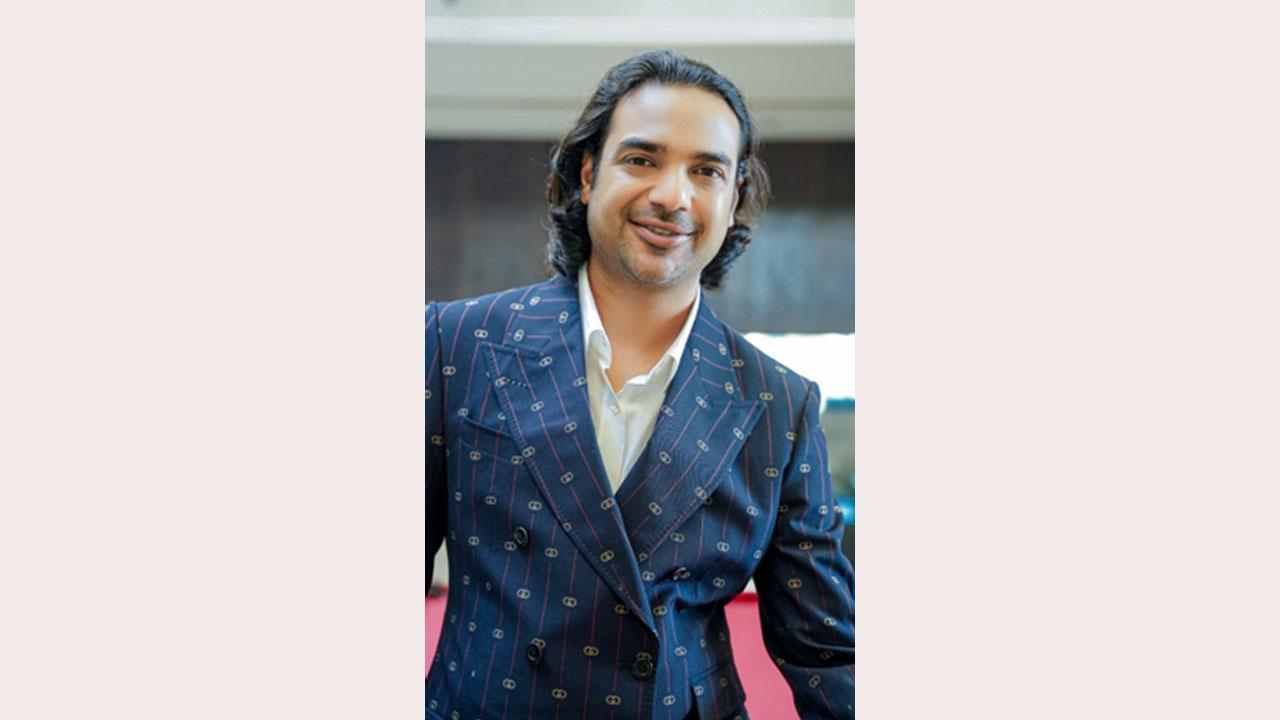Pulkit began his journey in 2009, joining his father's business, which already had a strong foothold in exporting utensils and rice to West Africa.

Pulkit Jain
Diversifying a business across multiple industries is never an easy endeavor, and the challenges were even greater in Africa. It was in this complex environment that Pulkit Jain expanded the solid foundation of his enterprise, PJS Global.
ADVERTISEMENT
From infrastructural inadequacies to communication barriers and fluctuating government policies, the hurdles were immense. Yet, Pulkit not only embraced these challenges but turned them into opportunities, building a business empire spanning rice, cashews, petroleum, shipping, and real estate. His journey exemplifies the power of diversification, strategic thinking, and relentless perseverance.
The Early Foundation in Nigeria
Pulkit began his journey in 2009, joining his father's business, which already had a strong foothold in exporting utensils and rice to West Africa. Inspired by the untapped potential in Africa, he took his first trip to understand the local market dynamics. Over the next year, he identified rice as a product with immense demand but lacking local branding and distribution networks. This realization led to the creation of a rice brand under PJS Global, which began with one city in Nigeria and eventually expanded to cover 15 cities by 2015, positioning the company among the top three rice players in the country.
The West African rice distribution network wasn’t built without struggles.
Various systematic challenges posed significant hurdles. To overcome these, Pulkit established 15 strategically located storage facilities, built a strong supply chain importing rice from Asia, and invested in developing a robust team that shared his vision.
“You cannot grow alone; you have to take everyone with you,” Pulkit asserts, reflecting his leadership philosophy.
With rice distribution thriving in West Africa, Pulkit began expanding geographically to Ghana, Benin, and Ivory Coast. During his travels, he discovered opportunities in agro-products like cashew nuts, sesame seeds, and cocoa, which Africa exports in large quantities. Cashews stood out as a promising avenue, and by 2012, PJS Global began trading raw cashews from Africa to India. Starting with minimal risk, Pulkit steadily gained expertise, eventually scaling the cashew business into one of the top ten in the global market by 2020.
This diversification strategy didn’t just focus on new products but also on leveraging synergies between them. While rice was imported into Africa, cashew was exported out, creating a complementary model that balanced trade flows. By 2012, Pulkit moved PJS Global’s headquarters to Dubai, establishing centralized operations to manage the growing scale of his ventures effectively.
Adapting to Policy Shocks
In 2015, Africa’s government banned rice imports to boost local farming, bringing Pulkit’s rice import business to a halt. Instead of retreating, he pivoted to a “farm-to-fork” model, focusing on backward and forward integration. Pulkit collaborated with local farmers and state governments, signing an MOU to rehabilitate dam sites for irrigation and adopting precision farming techniques. Within five years, he established a fully mechanized rice farm and processing facility in West Africa, transforming PJS Global into a leader in the local rice industry.
Simultaneously, Pulkit applied the same community-based approach to cashews, building networks with local cooperatives to source directly from farmers. This model ensured fair pricing for the farmers and high-quality raw materials for PJS Global, creating a sustainable supply chain.
Expanding Beyond Agro-Industries
Pulkit’s vision extended beyond agriculture. During the pandemic in 2020, disruptions in global logistics inspired him to integrate vertically in the petroleum business. He invested in a shipping fleet to transport cargo between the Middle East and India, starting with one ship and growing to ten by 2024.
Pulkit’s journey underscores the importance of adaptability, strategic planning, and leveraging synergies.
Diversification and integration, he notes, wasn’t part of his initial vision. He says, “The importance of diversification only clicked in when the West African government banned rice imports. It’s true what they say—don’t put all your eggs in one basket.”
By maintaining a balance between backward integration (farm-level operations) and forward integration (distribution and branding), Pulkit ensured the sustainability of each business segment. His use of technology, including centralized ERP systems, also streamlined operations, enabling data-driven decisions.
From revolutionizing West Africa’s rice industry to becoming a global player in cashews, petroleum, and real estate, Pulkit has built a diversified empire that empowers communities while driving profitability.
His journey offers valuable lessons for aspiring entrepreneurs: embrace challenges, think long-term, always seek opportunities in adversity.
 Subscribe today by clicking the link and stay updated with the latest news!" Click here!
Subscribe today by clicking the link and stay updated with the latest news!" Click here!







